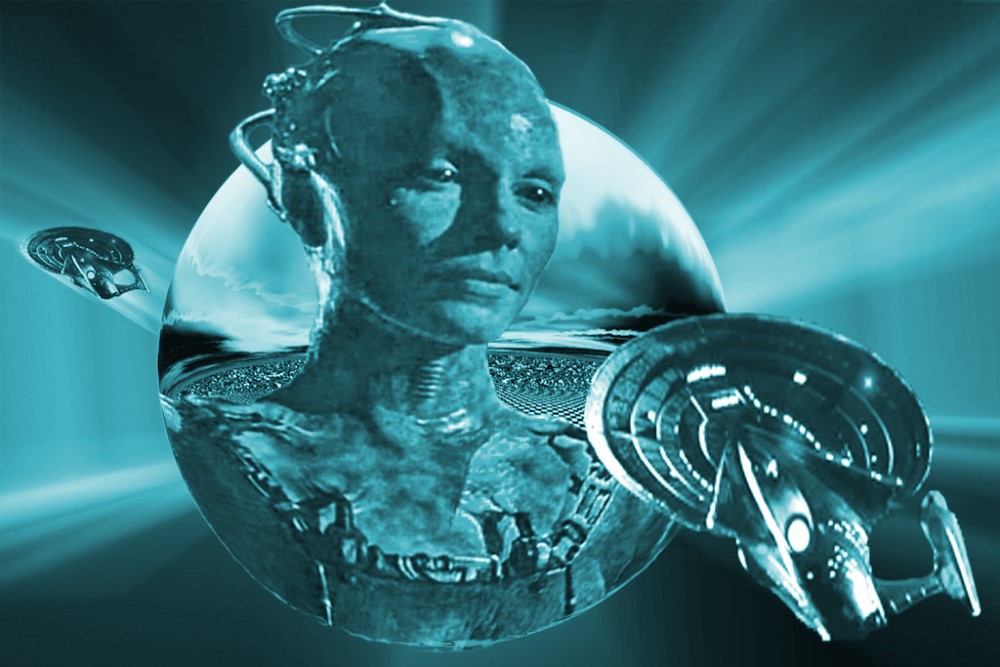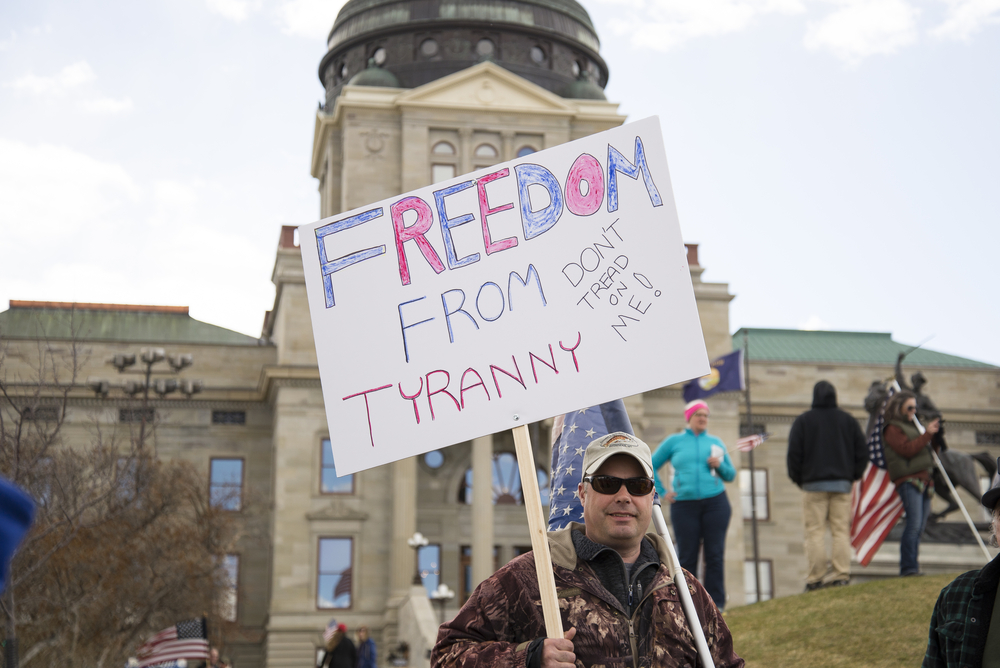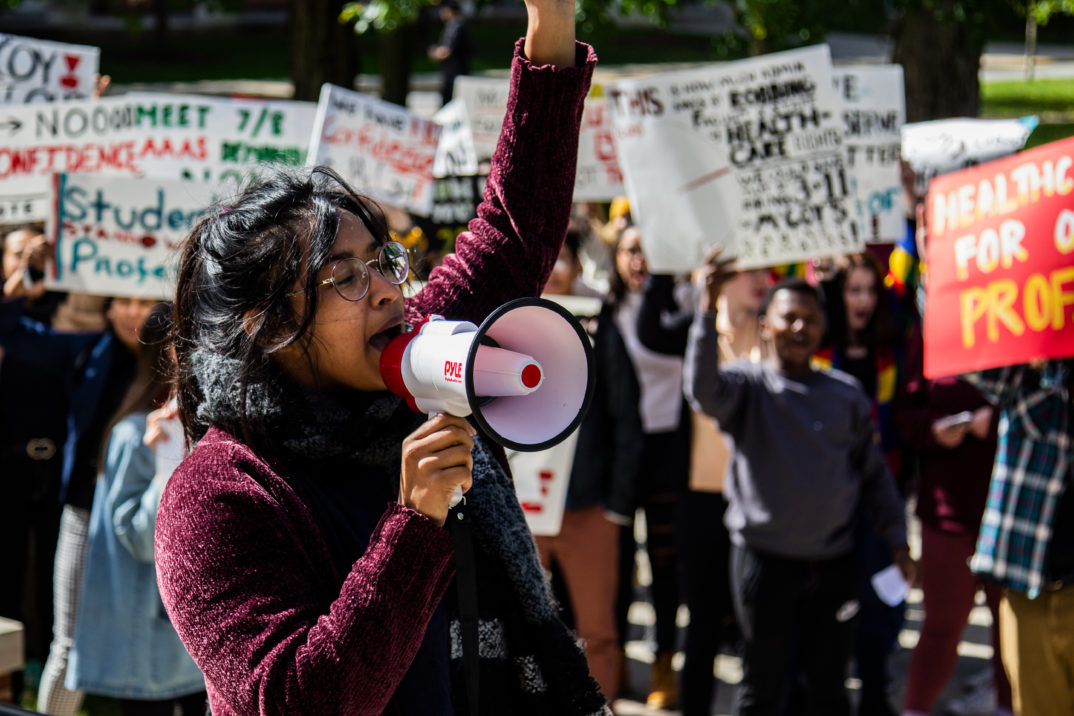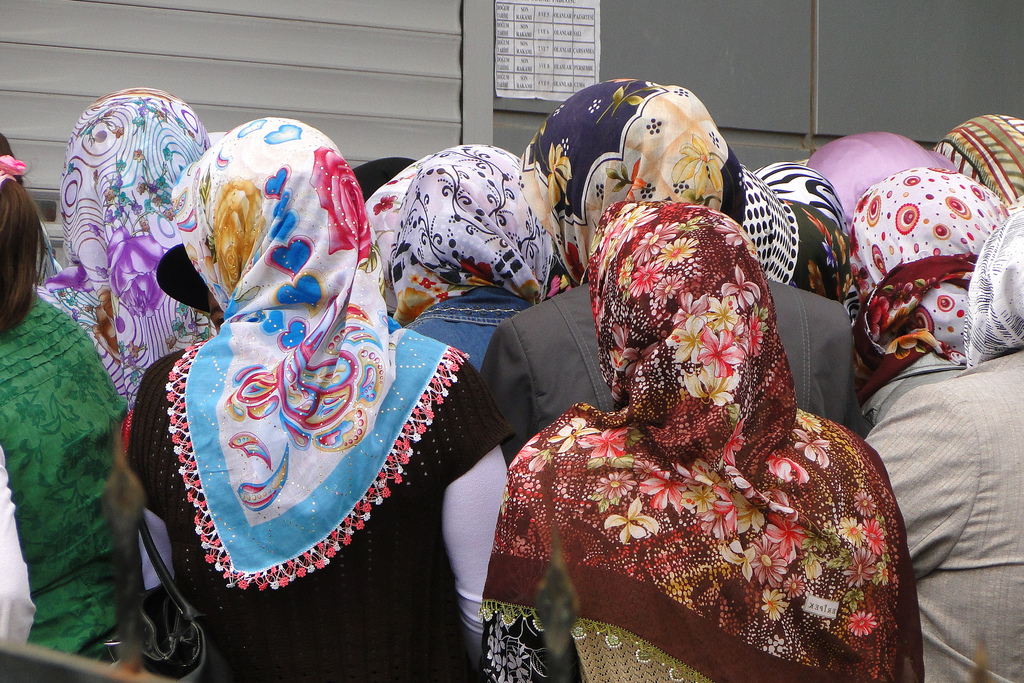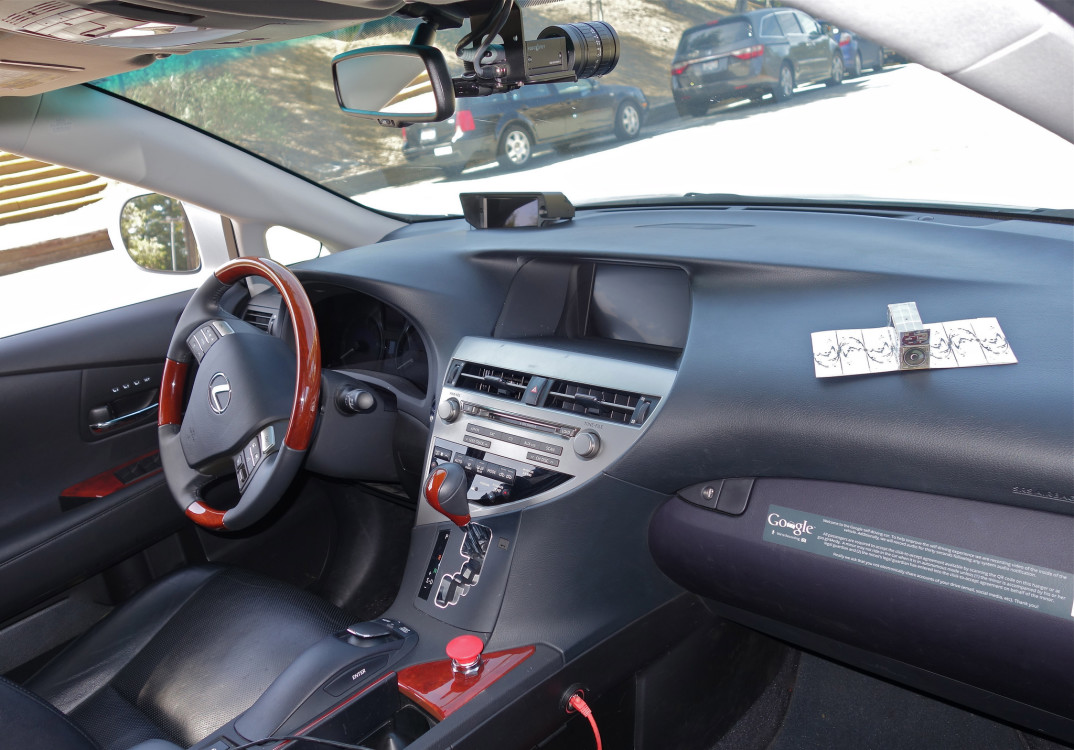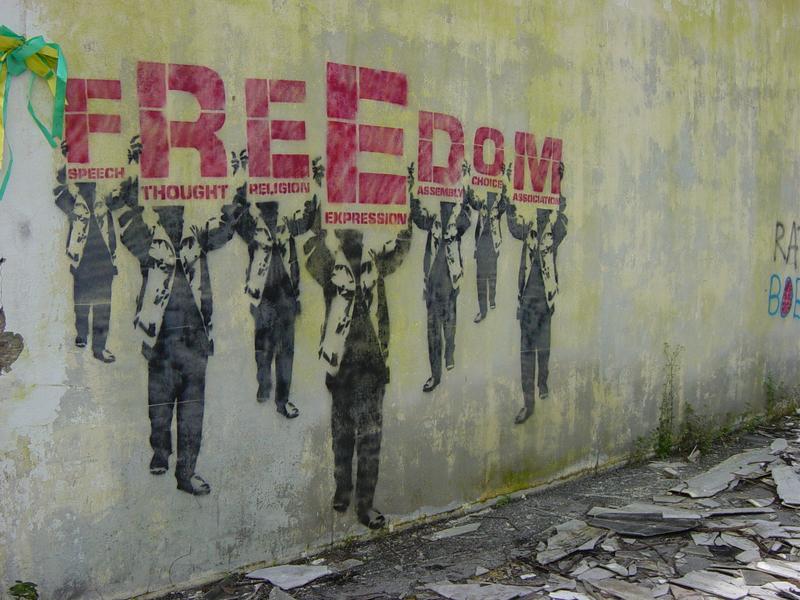The central debate in this presidential campaign was set out at the beginning by the novice pundit Beyonce: “freedom, freedom where are you?” The Democrats have claimed that freedom has always belonged with them and they are finally reclaiming it from the right. Conservatives, of course, countered that freedom is being hijacked from its true home and used to dress up the left’s usual coercive politics. So, who’s right – did the Democrats reclaim or hijack freedom? And, more importantly, should they have done either?
Commentators on both sides agreed on the answer to the first question: it depends on your definition of “freedom.” The philosopher Isaiah Berlin famously distinguished between two kinds of freedom, negative and positive. Negative freedom asks the government only to “mind [its] own damn business,” while positive freedom allows the government to intervene in people’s lives to help them achieve their goals. So, when Democrats used “freedom” to describe their interventionist policies, they were reclaiming a positive definition of freedom to reframe values like safety, equality, and justice as (somewhat tortured) freedoms: the “freedom from fear, violence, and harm,” “freedom to live without fear of bigotry and hate,” and the “freedom to learn and acknowledge our true and full history.”
Even as commentators argued over whether Democrats were entitled to use the language of freedom, however, no one questioned whether they should. Messaging gurus declared it a winning strategy based on focus group testing and the broad appeal of freedom. Liberal writers celebrated it as potentially transforming American politics. And even political philosophers were pleased; parsing this one word back into its many meanings is going to keep us relevant for at least a month. In an election that has struggled to elevate the debate above who is “weird” and who is “real,” it might be hard to get worked up about too much philosophy in politics. But, in this case at least, what’s good for philosophers and Democrats is ultimately bad for democracy.
Campaigns are not just contests between messaging gurus. Party platforms are created to win elections, but they also serve the important democratic purpose of providing a clear contrast to the other party so voters can choose the party that speaks to their priorities. To draw a clear contrast, it helps to use different words. Consider the debate over national security after 9/11 or the recent debates on pandemic policy. It is difficult enough to choose between safety and privacy or freedom and health without commercials telling you that privacy is the new safety or true freedom starts with health. And once both sides try to redescribe their priorities in the language of freedom, you end up with a confusing contest between freedom from fear and freedom from surveillance, or the freedom to be healthy versus the freedom of association. These debates are framed for lawyers, not the voting public. And if voters can’t understand what they’re choosing between, then their chosen representatives don’t and can’t represent their will.
Replacing other values with “freedom” also runs counter to the pluralist strand of Democratic politics, which Barack Obama represented in his speech at the DNC. As he often has, Obama talked about the importance of how we treat those who disagree with us – how we listen to and learn from them. On his podcast the next day, Ezra Klein described this strand as valuing how we “make space for them even in disagreement.” Part of making this space is to acknowledge that others’ values are indeed valuable, even if they aren’t what’s most important right now. But when we suggest that ours is the “real” freedom, we don’t leave any space for theirs. For instance, when we frame pandemic policies as sacrificing some amount of freedom to promote public health, we are at least acknowledging the trade-off between legitimate values. If, instead, we call public health the “freedom from viruses,” it suggests that there is not an inevitable trade-off but a way in which we can have both freedom and health. Anyone who thinks otherwise just has the wrong idea about freedom. This insight that there are inevitable trade-offs in politics is another aspect of Isaiah Berlin’s thought – one that did not resurface last week. In Berlin’s world, we often have to choose between good things – safety and privacy, speech and inclusion, freedom and health. If we don’t acknowledge these trade-offs, it becomes difficult to even see the need for a compromise with others, let alone pursue one.
Maybe you’re not a pluralist Democrat, though, and you don’t care whether voters can make a clear choice. Maybe all that matters is that voters choose the right president in November, and we can work out the policy details later. Even then, reframing all Democratic values as freedoms does little to move the public in a progressive direction. The reason that reframing progressive values as freedoms broadens their appeal is that freedom seems to demand less than progressives usually want. For some people, freedom only demands non-interference – no one telling them what to do. For others, freedom demands that they have the option for something, but not necessarily a realistic opportunity, a responsibility, or an entitlement to that thing. As a result, the freedom to vote is not necessarily a demand to make voting easier. The freedom to “get ahead” is not necessarily an equal opportunity to get ahead. And the “freedom to learn and acknowledge our true history” takes a strong stand against banning books, but doesn’t suggest a responsibility to teach our children how race has shaped that history. When these slogans get translated into policy, Democrats may find that freedom is flexible enough to accommodate Republican aspirations, but not quite broad enough for their own.




